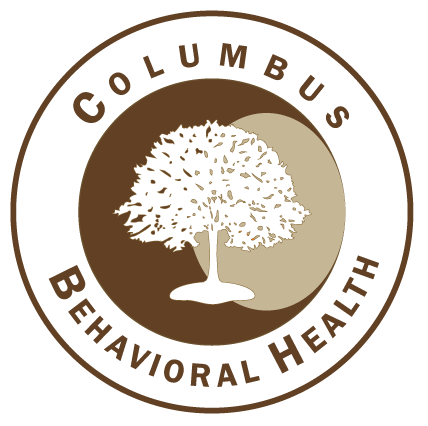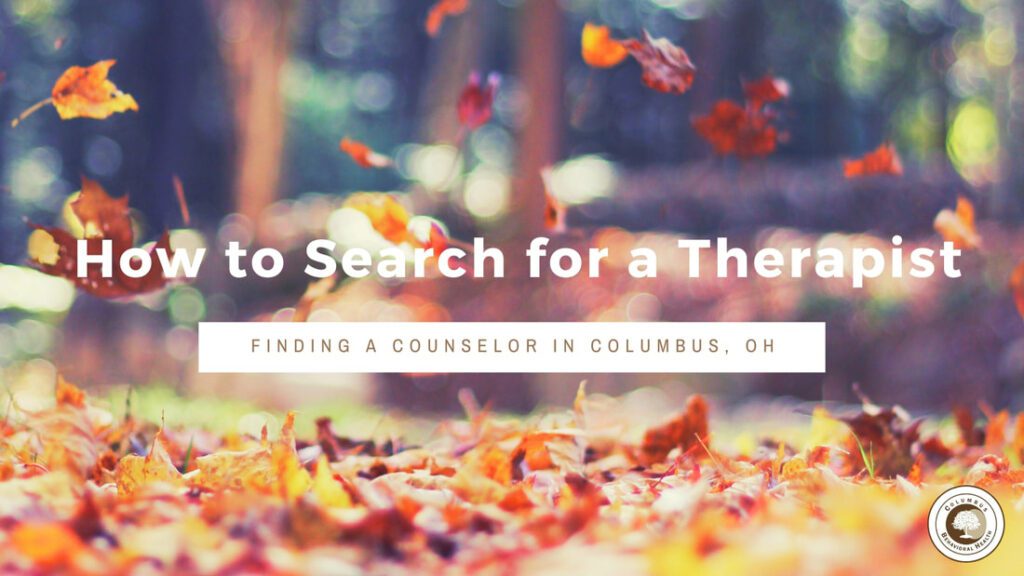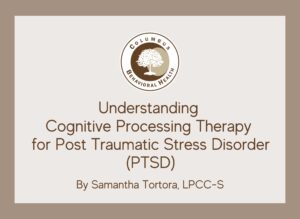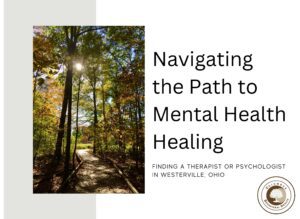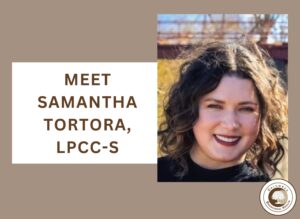Finding a Therapist
It can be really intimidating when one begins looking for a therapist, especially when there are so many to choose from, as there are here in Columbus, Ohio!
There are different degrees and acronyms to refer to when searching for a therapist or counselor, so we’ve developed a quick therapist tip sheet to help you with your search:
- Ph.D. = a therapist with a doctor of philosophy in psychology, which usually means at least seven years of training beyond the Bachelors Degree. They may have completed their Masters Degree during their training, a dissertation, and passed a written national licensure exam, as well as a state oral and written exam in order to practice. Psychologists usually have expertise in psychological testing.
- Psy.D. = someone with a Doctorate in Psychology, which means probably 5 to 7 years of graduate training beyond the Bachelors Degree.
- LISW = a therapist is a licensed independent social worker, which means they have a Masters Degree in social work, and completed the necessary hours and exam to work independently.
- LPCC = Masters Degree in counselor education, completed the 2000 supervised hours and passed the written exam to work independently.
Psychologists, counselors, and social workers do not prescribe medications. Only psychiatrists, who are medical doctors, and psychiatric nurse practitioners prescribe medicine. Some psychiatrists offer talk therapy as well, but this is the exception and not the rule.
Therapy Session Tips
During therapy or counseling sessions, the first session is usually about telling your story, and the second session is about filling in some of the gaps you didn’t get time for during the first session. If by the end of the third session, you do not feel some amount of connection with your therapist and/or help in some meaningful way, you either need to begin the fourth session with a discussion about more specifically what you were looking for out of your treatment or you need to find a new therapist.
Therapists tend to know that patients sometimes feel as though they aren’t progressing and often times, therapist feel the same way too! It’s important to have an open and honest dialogue about what your challenges are so that the therapy may be beneficial to you.
The other thing to note is that there is no way to fail at therapy. The time is yours to use or not use as you see fit. But you should know that you are likely only going to get out of it what you put into it. Meaning, if you choose to adapt a more active style, by taking notes, asking specific questions, having agenda items to discuss at each session, asking your therapist for what you need – you are likely to get more out of the work than if you just sit on a couch and listen to yourself talk for an hour.
At Columbus Behavioral Health, we are here to assist you with making the most out of therapy sessions and will offer any support or advice to assist you with your mental health journey. For a list of counselors in the Columbus, Ohio area at Columbus Behavioral Health, please visit: https://columbusbehavioralhealth.com/directory-page/
